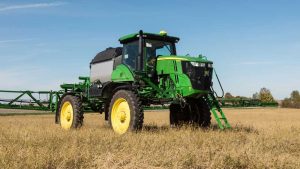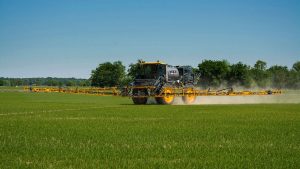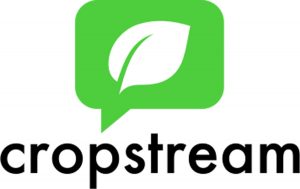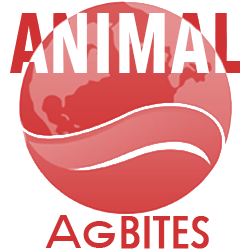 In case you didn’t know, BVLOS stands for Beyond Visual Line Of Sight. It’s something you can’t do commercially flying a drone right now. However, PrecisionHawk, working with the Federal Aviation Administration, has conducted research on conducting BVLOS and summarized it in a new report. Image from the PrecisionHawk website.
In case you didn’t know, BVLOS stands for Beyond Visual Line Of Sight. It’s something you can’t do commercially flying a drone right now. However, PrecisionHawk, working with the Federal Aviation Administration, has conducted research on conducting BVLOS and summarized it in a new report. Image from the PrecisionHawk website.
PrecisionHawk Inc., a leading provider of drone technology for the enterprise, today announced the release of its final Pathfinder Report – a blueprint for enterprises to conduct Beyond the Visual Line of Sight (BVLOS) drone operations. The fieldwork was performed in partnership with the Federal Aviation Administration (FAA) and MITRE under the Pathfinder Program. The report outlines a comprehensive safety case and standards to fly drones BVLOS and has yielded critical information to the FAA regarding drone operations.
“The final report determined that there are three necessary components for BVLOS flight operations: detection, safety, and drone operator training,” stated Dr. Allison Ferguson, director airspace research at PrecisionHawk. “Technology must be integrated to identify cooperative and non-cooperative aircraft, pilots must be aware of existing airspace classes, temporary flight restrictions, and no-fly zones, and pilots must receive BVLOS-specific training to ensure a safety ecosystem around BVLOS drone flight.”
I do not use my drone commercially and right now I’m mostly confident when I can see it but the more I get used to flying, I can see the value in being able to do so with commercial products for agricultural operations that would not be possible without BVLOS. PrecisionHawk is offering consulting, training and has also announced a multi-rotor BVLOS drone platform. You can find out more about these services here.











